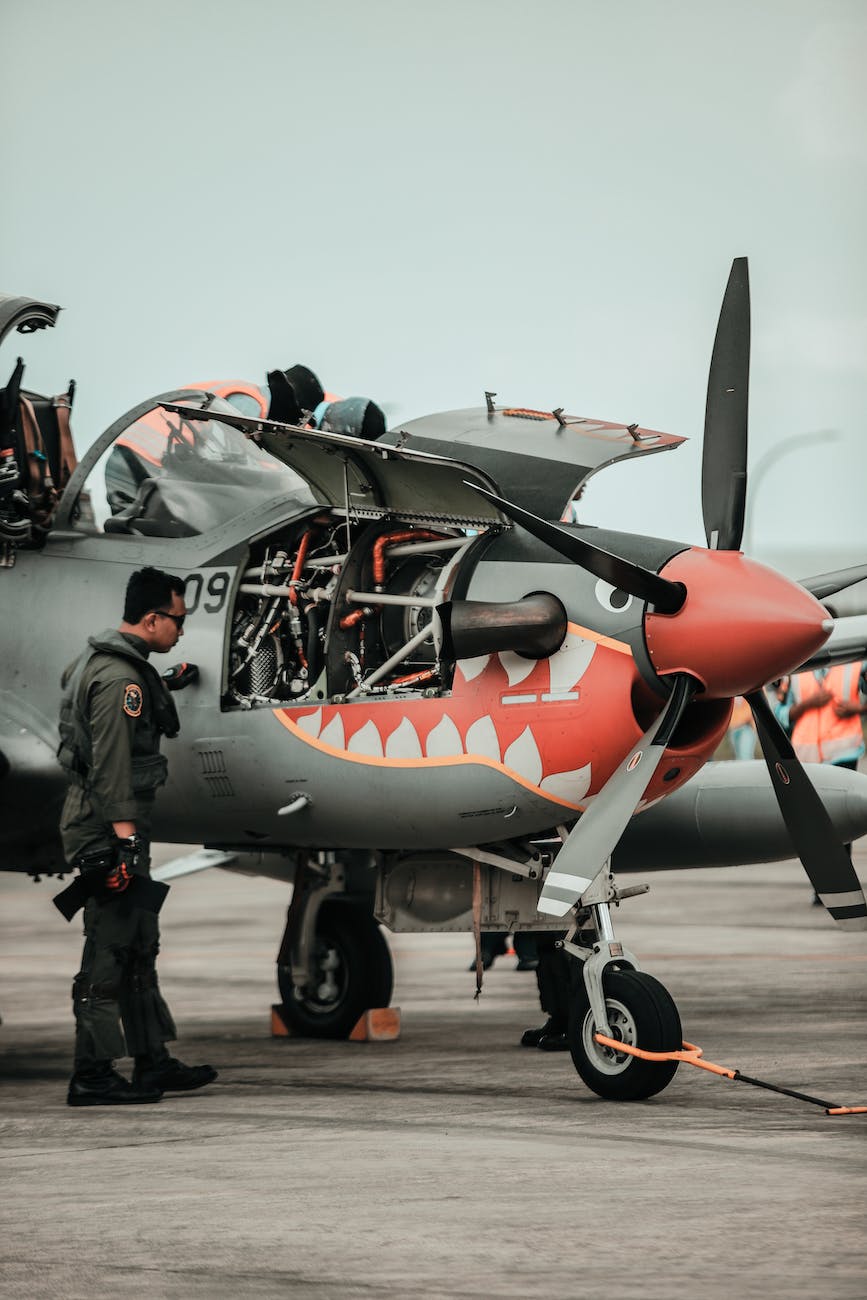
The Role of an Aviation Safety Officer
Introduction
The Role of an Aviation Safety Officer : In the fast-paced world of aviation, safety is paramount. Ensuring the well-being of passengers and crew, as well as the safe operation of aircraft, is a complex task that falls under the purview of Aviation Safety Officers. These professionals play a critical role in maintaining the highest standards of safety within the aviation industry. In this article, we will explore the multifaceted responsibilities of an Aviation Safety Officer, the qualifications required for this position, and the significance of their work.
What is an Aviation Safety Officer?
An Aviation Safety Officer, often abbreviated as ASO, is a highly trained individual responsible for overseeing and implementing safety measures within an aviation organization. Their primary goal is to minimize the risk of accidents and incidents in the aviation sector, which includes commercial airlines, private aviation companies, and government agencies.
The Duties of an Aviation Safety Officer
1. Safety Policy Development
One of the fundamental duties of an ASO is to develop and implement safety policies and procedures. These policies serve as guidelines for all aviation personnel to follow, ensuring uniformity and consistency in safety practices.
2. Safety Audits and Inspections
ASOs regularly conduct safety audits and inspections of aircraft, equipment, and facilities. They meticulously assess every aspect of aviation operations to identify potential hazards and areas for improvement.
3. Accident Investigation
When accidents or incidents occur, ASOs are tasked with leading investigations to determine the causes. Their findings are crucial for preventing similar incidents in the future.
4. Training and Education
Aviation Safety Officers play a pivotal role in training aviation personnel in safety protocols. They organize workshops and seminars to keep employees informed about the latest safety standards and procedures.
5. Regulatory Compliance
ASOs must stay up-to-date with aviation regulations and ensure that their organization complies with these laws. This includes adhering to safety regulations set by the Federal Aviation Administration (FAA) in the United States.
6. Emergency Response Planning
In the event of an emergency, ASOs are responsible for developing and implementing emergency response plans. These plans help aviation organizations respond swiftly and effectively to crises.
Qualifications of an Aviation Safety Officer
Becoming an ASO is no small feat. Individuals in this role typically have a strong educational background, often holding a bachelor’s or master’s degree in aviation safety or a related field. Moreover, they must acquire certifications from relevant aviation safety organizations. Additionally, extensive experience in the aviation industry, usually in roles such as pilot, air traffic controller, or maintenance technician, is essential.
The Significance of Aviation Safety Officers
Aviation Safety Officers are the unsung heroes of the aviation industry. Their meticulous attention to detail and dedication to safety ensure that passengers and crew can board aircraft with confidence. By preventing accidents and incidents, they save lives and protect the reputation of aviation organizations.
Conclusion
In conclusion, the role of an Aviation Safety Officer is vital for maintaining the highest safety standards in the aviation industry. These professionals are responsible for crafting and enforcing safety policies, conducting inspections, investigating accidents, and ensuring regulatory compliance. Their work not only keeps the skies safe but also instills trust in air travel among the public.
How to Become a Marine Safety Officer
The Role of a Marine Safety Officer
HSE Manager Salary: India, UAE, Saudi Arabia, United States, South Africa, United Kingdom, Singapore
FAQs
1. Are Aviation Safety Officers employed by all aviation companies?
No, not all aviation companies employ Aviation Safety Officers. The presence of an ASO often depends on the size and complexity of the organization.
2. Can anyone become an Aviation Safety Officer?
While anyone can aspire to become an ASO, the qualifications and certifications required are rigorous. It typically requires a strong educational background and extensive experience in aviation.
3. How do Aviation Safety Officers contribute to passenger safety?
ASOs contribute to passenger safety by ensuring that aviation operations adhere to strict safety standards, minimizing the risk of accidents and incidents.
4. Are Aviation Safety Officers responsible for cybersecurity in aviation?
Some ASOs may have responsibilities related to cybersecurity, particularly as aviation systems become more technologically advanced and connected.
5. How can I learn more about aviation safety?
To learn more about aviation safety, consider enrolling in aviation safety courses offered by accredited institutions or seeking guidance from professionals in the field.
In this article, we have explored the vital role of Aviation Safety Officers in the aviation industry. Their dedication to safety and meticulous approach to their duties are essential for the well-being of all those who take to the skies.